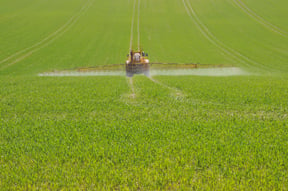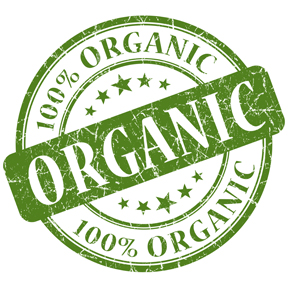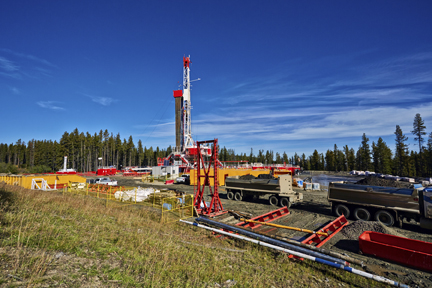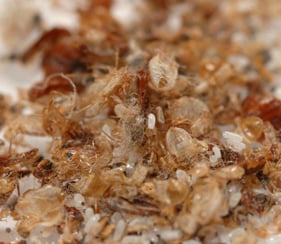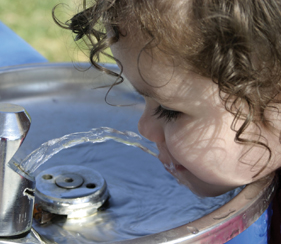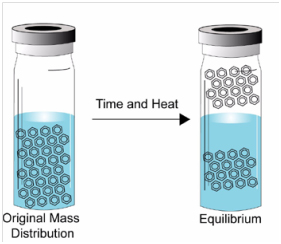According to Statista, LinkedIn is the 7th ranked[i] social media network with more than 360 million registered users. It is considered the world’s largest professional network with two people joining the site every second. More than 200 countries are represented in LinkedIn and 40 percent of users check in every day.
Unlike Facebook and Twitter, LinkedIn is centered on the professional profile, both for people and businesses. While lab professionals are not considered the most social of creatures, there are a number of reasons why you should develop a LinkedIn profile, and one of them is not because you’re looking for a new job. Here are six reasons why LinkedIn is for lab professionals too.




